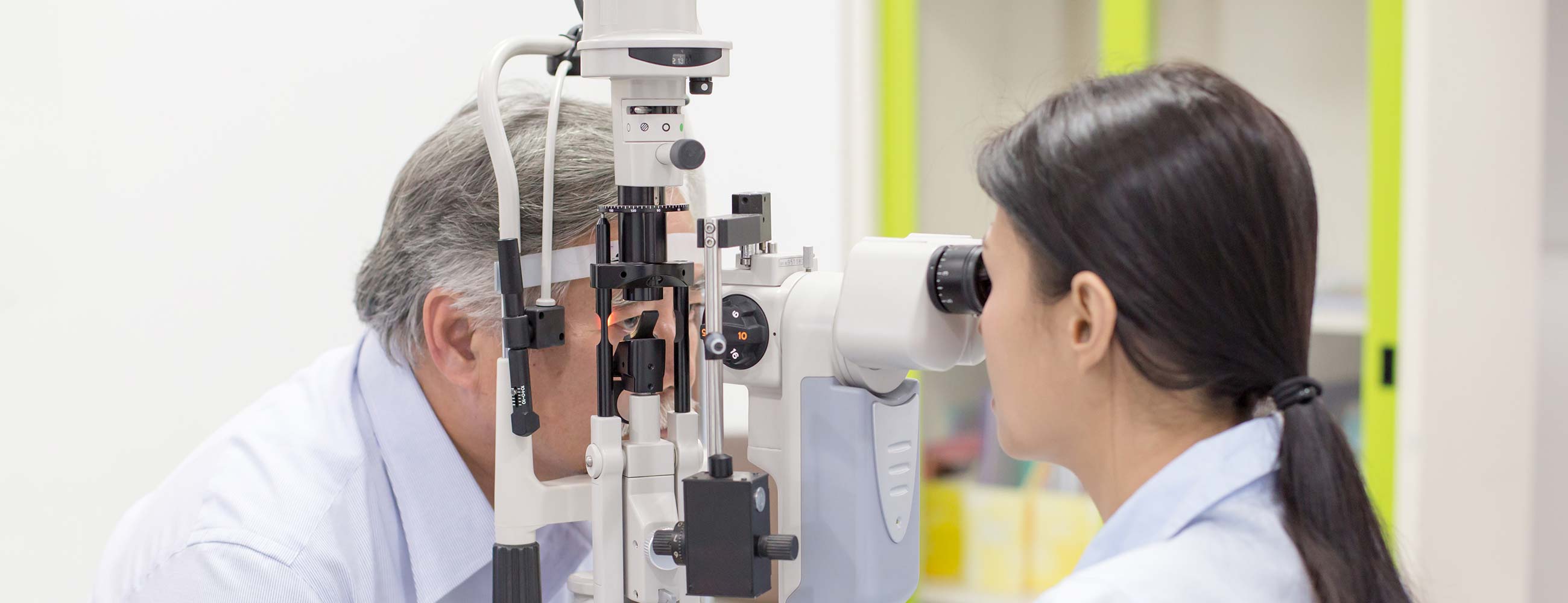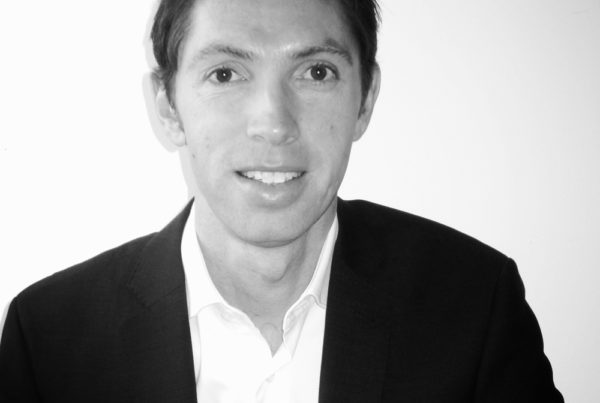People for Purpose congratulate Dee Hopkins who has recently been appointed Chief Executive Officer with Macular Disease Foundation Australia. Dee has over 20 years’ experience working in not for profit organisations, advocating for better supports for family carers and providing services to carers and the people they care for, in the ACT and SE NSW. She also has extensive commercial experience as a senior executive in communications and business development in Australia, Middle East and SE Asia.
In this article, Dee shares her thoughts on transformational leadership in the for purpose sector.
When did you first become involved in the for-purpose sector?
I first became involved in the for-purpose sector when I became CEO of Carers Australia ACT in late 2004. I was attracted to this role as I had grown up with an exceptional family carer and role model in Dublin. As an adult in Australia, I was a volunteer respite carer to several vulnerable children over a number of years. This experience gave me insight to the real struggles of many disadvantaged families and how our health and community service systems can sometimes fail them.
Why do you do what you do?
Working in the for-purpose sector has been the best career move for me and working for a purpose that personally resonates is particularly rewarding. My new role as CEO of Macular Disease Foundation Australia greatly appealed to me, as I could see the impact age-related macular disease had on my late father. I also had deep insight into the health, social and economic impact of chronic health conditions on the thousands of families I supported in ACT and SE NSW as CEO of Carers Australia ACT. Working to reduce the incidence and impact of macular disease ignites my passion to be part of finding better ways to mitigate risks of macular disease and improve the quality of life of Australians living with this disease.
What are the current challenges you see facing the for-purpose sector?
The for-purpose sector continues to undergo monumental change not seen in Australia since the introduction of Medicare. Competition to secure the philanthropic and donor dollar has never been greater and the cost of raising these funds are time consuming and expensive. Changes in government funding have meant the sector has had to transform its business models in order to build sustainable organisations. This has required a major cultural shift including adaption and investment in innovation and the need to become more competitive and commercially savvy. Some for-purpose specialist service providers have not survived these changes which is a shame as many provided quality, niche services that have been valued by health consumers.
Do you have any for-purpose sector “heroes” who have inspired you?
I have been inspired by so many people in the for-purpose sector – too many to name. However, I certainly admire people like Professor Patrick McGorry who has been instrumental in influencing mental health policy in Australia. I also greatly admire ‘game changers’ and leaders in social innovation who have the courage to test and invest in new ideas for a fairer and more inclusive Australia.
What is your proudest professional achievement?
There have been several proud moments such as influencing changes to legislation and health policy. However, one of my proudest achievements during my tenure at Carers Australia ACT, was initiating and leading a Supported Housing Summit bringing multiple stakeholders together to tackle complex supported housing policy. This resulted in the government agreeing to campaign for the ACT to become an early NDIS trial site and a commitment to develop a smarter housing blueprint and investment in more innovative models such as Common Ground.




